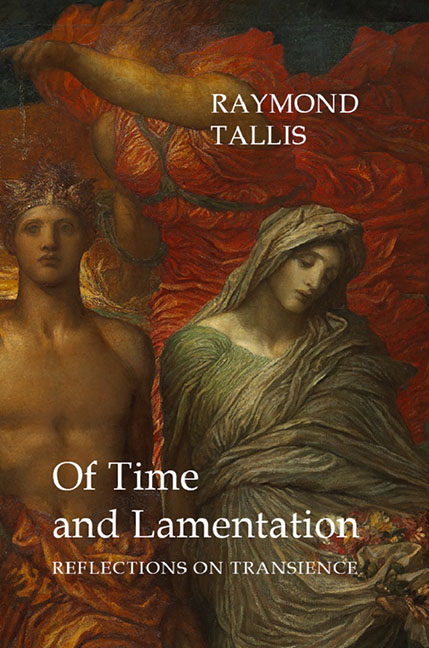Chapter 4 - Clocking time
Published online by Cambridge University Press: 09 August 2023
Summary
THE MYSTERIOUS VERB “TO TIME”
In our commitment to rescuing time from physics, and from reduction to the mere value of a variable, a quantifiable dimension, we have rather taken for granted something deeply mysterious. While all beings (pebbles, trees, monkeys) are, in some sense that we have yet to determine, in time, only one kind of being turns time into an activity. We humans are alone in timing being and beings, in timing what happens – including (or especially) what happens to us and, indeed the span of our lives – and in being on time. We portion time into days and we number days and parts of them; and, apparently uniquely among sentient creatures know that our days are numbered.
Our passage from experienced time to timed time – which builds on the explicitness of time afforded by vision – depends on our utilizing as clocks a subset of the processes in the material world of which we are a part. It is not enough that there are putatively isochronous periodic events, such as the swinging of pendula, the succession of night and day, and the apparent rotation of the stars. We have to see that they might be used to determine the duration and temporal location of other events and processes. And this presupposes a distinction between, and the relations between, events that fill (an interval of) time, events that constitute time (“at” – vide infra – “how long”, “in what order”), and events that are used to measure, or determine a location in, the time. The subclass of events that are generated or domesticated in order to mark time with their periodicity is stranger than we customarily acknowledge. They are in time and, courtesy of us rise above time so that they can be about time.
We should not therefore allow our objection to the reduction of time to a dimension and then to pure quantity to blind us to this astonishing fact. Or cause us to overlook the extraordinary truth that, notwithstanding the gap between lived and measured time, between human time and time shrivelled to “little t”, measurement has enabled us to extend, protect, enrich and enhance our lives; to have the time of our lives. “Measurement began our might”, as Yeats said: it extended our powers beyond anything that could be imagined by our pre-numerate ancestors.
- Type
- Chapter
- Information
- Of Time and LamentationReflections on Transience, pp. 215 - 248Publisher: Agenda PublishingPrint publication year: 2017



